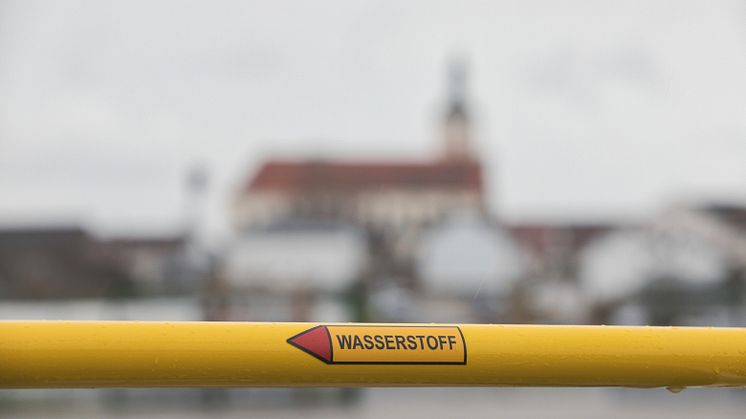
News -
Study on Hydrogen Supply Options for Baden-Württemberg Presented
An H2BW import study by Fraunhofer ISE, funded by the Ministry for the Environment, Climate Protection and the Energy Sector, shows that Baden-Württemberg will be dependent on hydrogen imports in the long term. The analysis looks at various supply options, from production in partner countries to transportation to Baden-Württemberg. Energy Minister Thekla Walker emphasizes: “In order to decarbonize industry and power plants and reduce dependencies, we need to diversify import routes.” The study examines which countries and transport routes are particularly suitable.
Eight regions were analyzed: Eastern Canada, Algeria, Morocco, the United Arab Emirates, Norway, Finland, Scotland and Spain. Baden-Württemberg can build on existing energy partnerships and already maintains close contacts with these countries in the hydrogen sector. The potential of renewable energies was assessed for all regions and suitable locations for large-scale hydrogen production were identified. Fraunhofer ISE then analyzed possible transport routes (pipeline or ship) as well as the costs for production, transport and reconversion. A comparison was also made with hydrogen production in Baden-Württemberg and northern and eastern Germany.
The results show that pipelines are the most cost-effective import option in the long term, particularly from European countries. Ship transportation, on the other hand, offers more flexibility in the choice of energy source and allows hydrogen to be sourced from more distant regions. The study also makes it clear that local hydrogen production in Baden-Württemberg can be competitive in the future. By 2040, production will cost between 3.4 and 3.8 euros per kilogram. The supply costs via pipeline are estimated at 2.4 to 4.3 euros per kilogram. However, hydrogen production in the state remains restricted due to limited space for renewable energies.
The hydrogen ramp-up in Baden-Württemberg requires both the development of local production and imports from international producer countries. Only with this dual strategy can a reliable and economical hydrogen supply be guaranteed.
